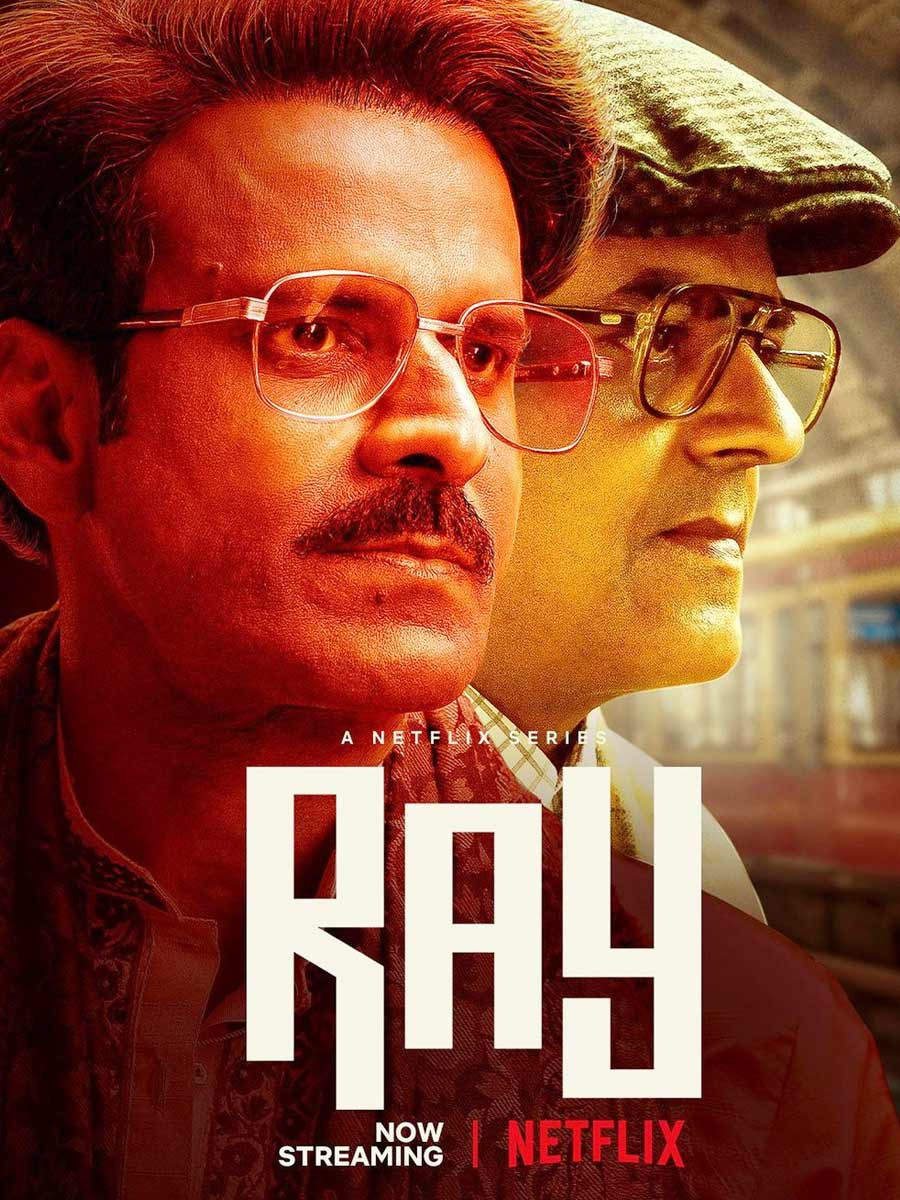Before talking about Ray, let me ask you, have you read the English story ‘The lady or the tiger’?
A kingdom where all accused were placed in an arena for judgement, where there were two doors. One door had a tiger behind it and the other, a beautiful lady. The fate of the accused depended on the door he opened, and the spectators watched the result with relish. Until one day, the lover of the princess was caught by the King’s men, captured and placed in the arena. She, being one of the most powerful women in the kingdom, of course found out which door housed the lady and which the tiger. She had always played God and thought there was none matching her stature. When her lover came out in the arena, she made a gesture towards one of the doors. Was that door leading to the lady or the tiger?
The genre of the above story is psychological. In Urdu a beautiful term, ‘nafsiyaati‘ is used to describe such narratives. That is the genre of the Ray series.
All stories of Ray subtly point to God complex, which is once becoming an expert in what they do, refusal to admit possibility of error or failure. As we know, that has always led to the downfall of humankind.
Each story of Ray should be watched, chewed and digested. Avoid watching all 4 in one go else you will miss the essence. The stories might feel slow at times but it’s the director giving you time to realize the impact of the scene.
Every story in Ray has a psychological feel to it. Some people might argue that that is not how a normal person might behave. You are right, they may not. Imagine you are at home and while arranging your stuff, your house keys are not at the place you want. You don’t want to go anywhere, yet the thought of not finding your keys, keeps haunting you at the back of your mind. People having OCD would in fact stop doing all regular work and just start looking for the keys.
There are also people who realize what their greatest talent in life is, and suddenly start looking for wars to fight or people to look down on. Their new found talent makes them gain a superiority complex which eventually leads to their doomsday.
Then there are people who are excellent at what they do. Their nightmare is falling from grace. Once they reach the pinnacle of success, everything down is hell for them.
The superstation regarding a thing or a person leading us to success is extremely prevalent in different stratus of the society. In the end, not many realize their own psychological mindset is responsible for gain or loss. Bowing to an entity, is not the reason for excellence.
Coming back to the technicalities of the stories, the ones directed by Srijit Mukherji (Forget Me Not and Bahrupiya) have a dark undertone to them. He has played a lot with light and shade. Avoided high background music, slowly building up to a high-pitched end, which makes you struggle in your mind. Picturization of the last ten minutes of these stories were exquisite.
Abhishek Chaubey has used a bright and happy frame in Hungama Hai Kyu Barpa. The story has a comedic feel to it and gives more of an optimistic vibe. The music is appropriate and dialogues are excellent.
Vasan Bala did a good job in Spotlight but it could have been better with lesser music. The premise of the story was very good. The sets, the instances of superstition were fantastically depicted.
Cast wise, Ali Fazal and Shweta Prasad (Forget Me Not) did a good job and were extremely convincing in their parts. In fact, Ali Fazal enacted scenes of agony quite realistically.
Kay Kay (Bahrupiya) has always been an expert in grasping his character whether he plays rich or poor, civilian or army man, revolutionary or a minister. His facial expressions convey all we need to know about his thoughts.
Manoj Bajpai (Hungama Hai Kyu Barpa), being the stellar actor he is, has nailed every scene with his expressions and of course his accurate pronunciation of hard-core Urdu poetry.
Harshvardhan and Radhika Madan (Spotlight)were a surprise as they actually put on a good act.
Gajraj Singh, Raghubir Yadav, Manoj Pahwa, Bidita Bag, Anindita Bose and Rajesh Sharma were wonderful in their supporting roles.
In short, the series should be watched by the audience that has been lamenting the lack of good stories in Indian cinema for years. The stories for this series might be written by Satyajit Ray half a century ago, yet each of them is relevant to the times of today bringing a “Ray” of hope to many Hindi directors.
A hard-core reason for that: Humans might argue they have evolved and yet Human psychology never changes. Some might have learnt from their mistakes and yet a large order of them carries the cause of their doom on their own shoulders every day.







